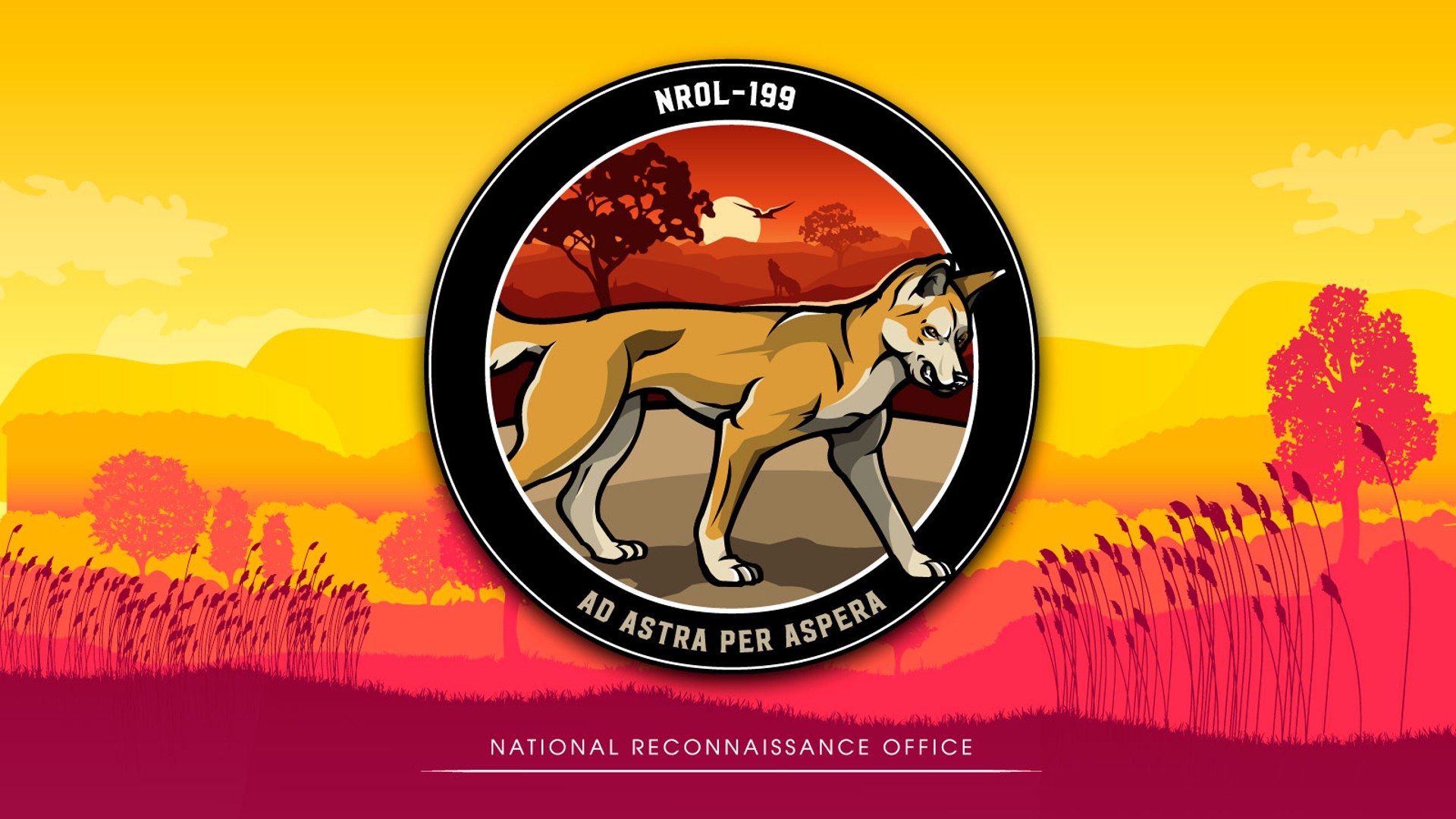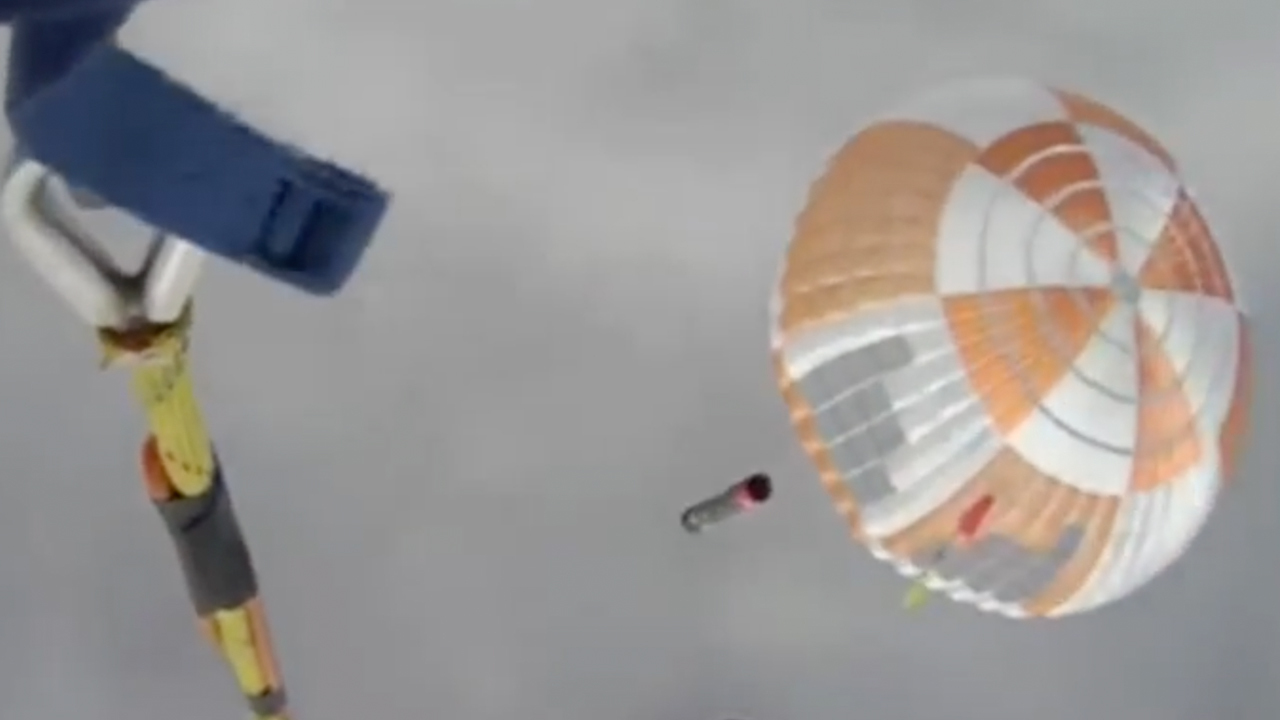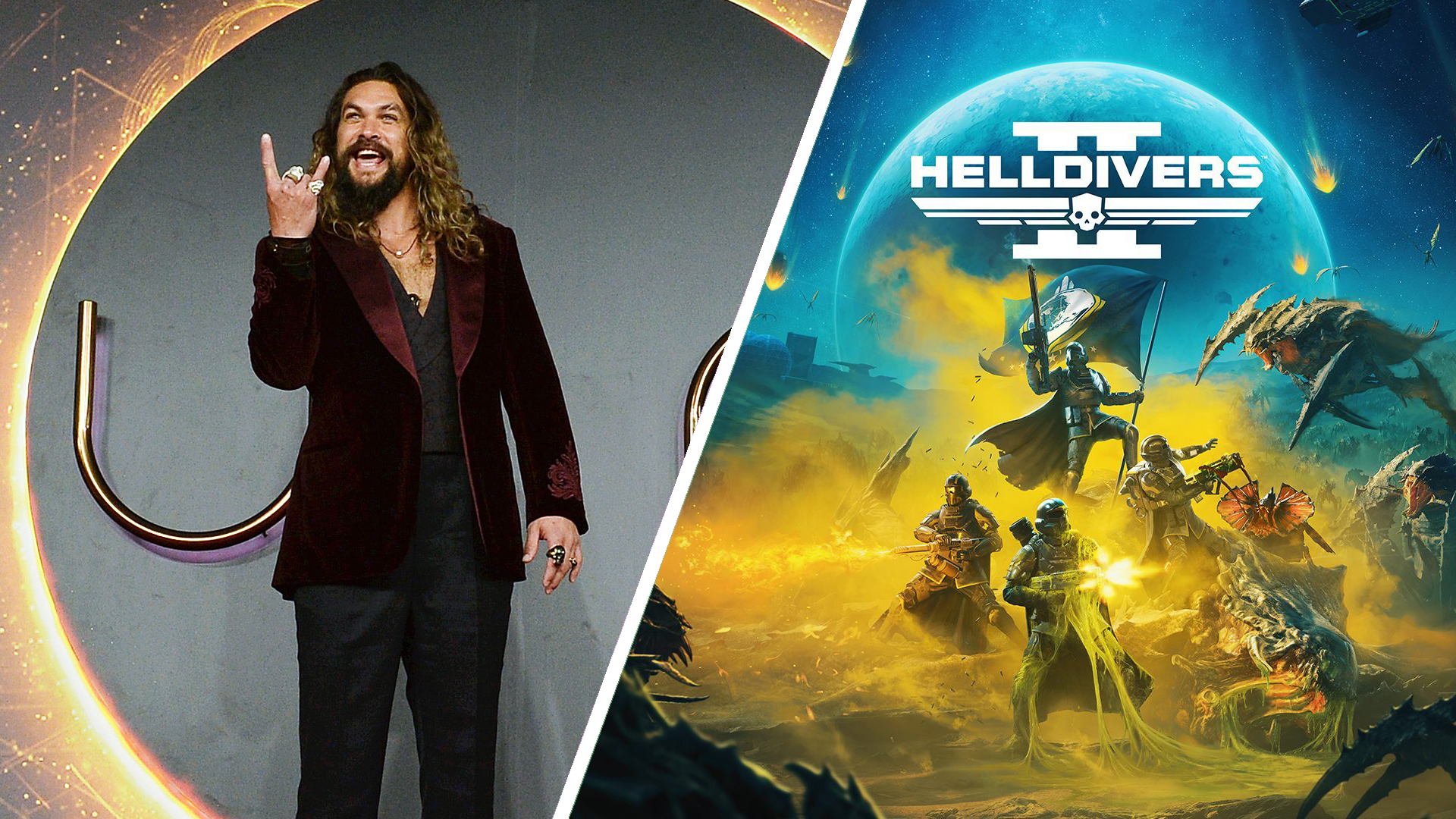US spy satellite launch on Rocket Lab booster delayed
'We'll be ready to launch when you are,' Rocket Lab tweeted to its U.S. National Reconnaissance Office customer.

Breaking space news, the latest updates on rocket launches, skywatching events and more!
You are now subscribed
Your newsletter sign-up was successful
Want to add more newsletters?

Delivered daily
Daily Newsletter
Breaking space news, the latest updates on rocket launches, skywatching events and more!

Once a month
Watch This Space
Sign up to our monthly entertainment newsletter to keep up with all our coverage of the latest sci-fi and space movies, tv shows, games and books.

Once a week
Night Sky This Week
Discover this week's must-see night sky events, moon phases, and stunning astrophotos. Sign up for our skywatching newsletter and explore the universe with us!

Twice a month
Strange New Words
Space.com's Sci-Fi Reader's Club. Read a sci-fi short story every month and join a virtual community of fellow science fiction fans!
A clandestine U.S. spy satellite will have to wait a bit longer for its launch on a Rocket Lab booster.
The mission on behalf of the National Reconnaissance Office (NRO) will stand down from its Friday (July 22) launch opportunity indefinitely, Rocket Lab announced on Twitter.
"Operating our own launch site gives our customers maximum flexibility on launch timing. We'll be ready to launch when you are," Rocket Lab stated on Twitter on Tuesday (July 19) in response to a previous tweet from NRO, which announced software updates are required on the payload. "NRO is currently implementing payload software updates for NROL-199," the NRO's tweet stated. "As soon as the updates are implemented, NRO and RocketLab will provide a new launch date for NROL-199."
Related: Rocket Lab and its Electron booster (photos)
Rocket Lab operates a rocket complex on New Zealand's North Island, from where it had planned to deploy this mission. The launch services provider had planned to use its two-stage Electron rocket to launch a national security payload for NRO in partnership with the Australian Department of Defense. The mission, more officially called NROL-199, was the second recent one on behalf of NRO after a successful July 13 launch of a spy satellite.
As is typical with national security launches, few details are available about the classified payload's functions. The company said the payload will "support the NRO to provide critical information to government agencies and decision makers monitoring international issues" in documentation about NROL-199.
In a tweet explaining why a dingo was chosen for the official mission patch of NROL-199, or "Antipodean Adventure," NRO wrote that the dingo is built for "speed, agility, and stamina," similar to the classified payload the mission will launch.
Breaking space news, the latest updates on rocket launches, skywatching events and more!
The National Reconnaissance Office, who will operate the satellite, is tasked with developing, launching, and maintaining the United States' fleet of intelligence, surveillance, and reconnaissance (ISR) satellites. These collect a wide range of information from the planet below, including signals intelligence (the interception of communications and other signals), imagery intelligence, and even radar imaging.
Rocket Lab has already launched several national security missions on behalf of the U.S. government. Aside from NROL-162 earlier this month, Rocket Lab sent three payloads aloft for the spy agency in June 2020. It also sent NRO's classified NROL-151 satellite to space in January 2020.
The Electron vehicle is not reusable at this time, but Rocket Lab is aiming to make it partially so fairly soon. A test mission in May saw a helicopter snag the falling rocket's first stage in mid-air, in a key moment of the company's reusability quest. Rocket Lab wants to reduce costs and increase launch frequency, company representatives have said.
Follow Elizabeth Howell on Twitter @howellspace. Follow us on Twitter @Spacedotcom and on Facebook.

Elizabeth Howell (she/her), Ph.D., was a staff writer in the spaceflight channel between 2022 and 2024 specializing in Canadian space news. She was contributing writer for Space.com for 10 years from 2012 to 2024. Elizabeth's reporting includes multiple exclusives with the White House, leading world coverage about a lost-and-found space tomato on the International Space Station, witnessing five human spaceflight launches on two continents, flying parabolic, working inside a spacesuit, and participating in a simulated Mars mission. Her latest book, "Why Am I Taller?" (ECW Press, 2022) is co-written with astronaut Dave Williams.

